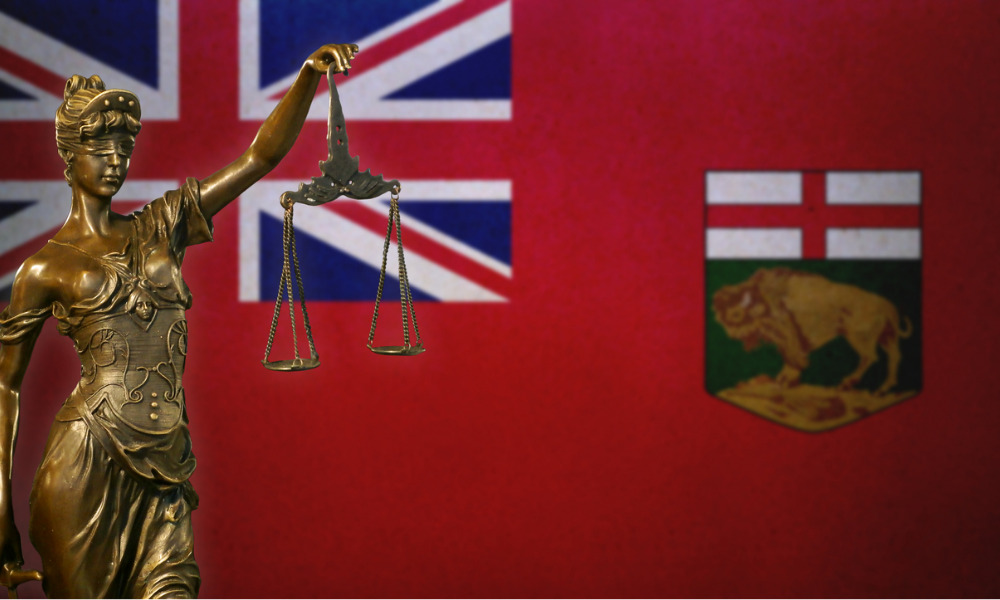Such lawyers should offer services at no cost to clients of registered organizations

The Law Society of Manitoba, aiming to make legal service more accessible, has approved a registration system allowing lawyers to offer their professional services to the public as volunteers for, employees of, or as independent contractors of charities and not-for-profit corporations.
Registered charities under the Income Tax Act (Canada), not-for-profit corporations incorporated under Manitoba laws and not-for-profit corporations allowed under Manitoba laws to operate in the province can now apply to the law society for registration as a civil society organization, thanks to changes introduced by the Law Society of Manitoba to the Rules and Professional Code of Conduct.
Upon approval, which is subject to several conditions, a hired, contracted or volunteer lawyer will provide on-site legal services at no cost to the organization’s clients.
Latest News
This new access-to-justice initiative aims to offer Manitobans inclusive points to access the legal services they need, to assist charities and their clients in determining possible legal issues and resolutions earlier and ultimately to reduce stress and improve outcomes for clients, said a news release.
Under the new initiative, clients can also potentially benefit from faster and more direct access to pro bono lawyer services and to professional services delivered by trained, licensed and insured lawyers, according to the law society’s registration guide, which introduces the basic principles for delivering legal services via charities and not-for-profits and which discusses the applicable professional standards for lawyers.
Clients of charities and not-for-profits often deal with multiple, interconnected issues that should ideally be addressed as soon and as proactively as possible so that they can avoid cascading problems, the guide said.
On the other hand, charities and not-for-profits successfully registering as civil society organizations can potentially improve their organizational capacity for identifying and dealing with clients’ legal issues, their ability to offer holistic services and their client service in general, by having a lawyer on-site who is ready to tackle legal issues.
The guide noted that many charities and not-for-profits have already been assisting clients in addressing their legal issues by providing legal information or by making referrals to Legal Aid Manitoba and to lawyers who can give legal advice and representation, if needed.
Registration with the law society as a civil society organization entails filling an application form and submitting other relevant documents to comply with particular application requirements. The law society may ask for additional information before granting the application.






